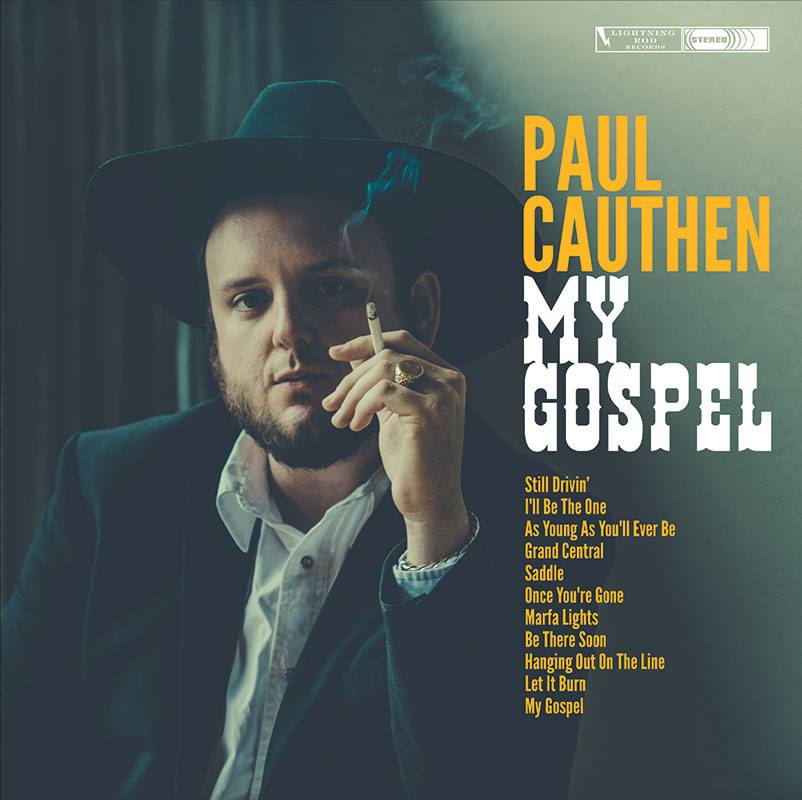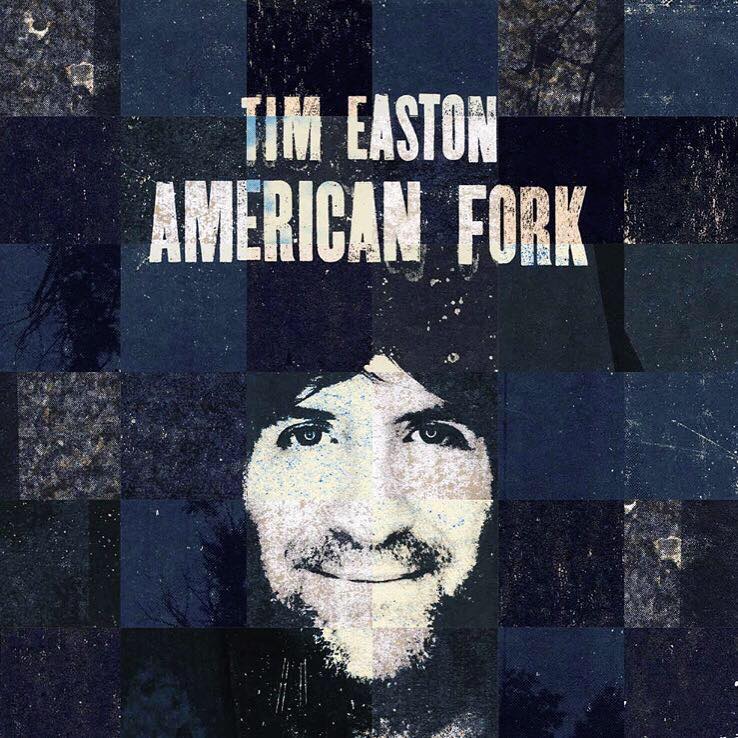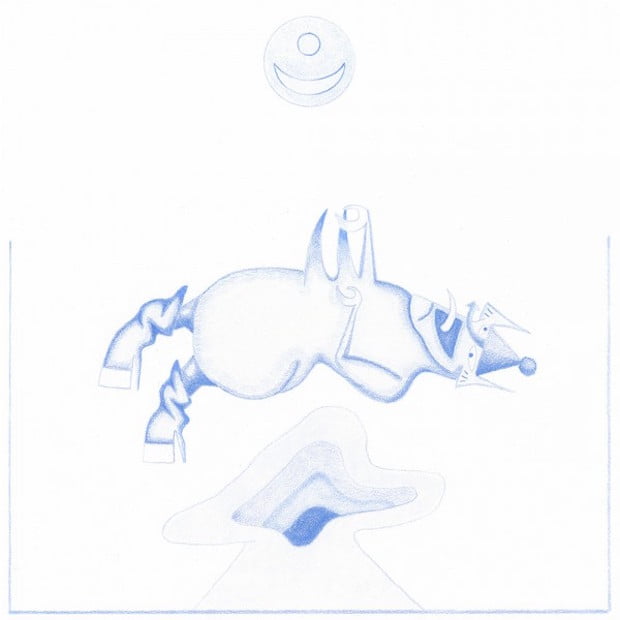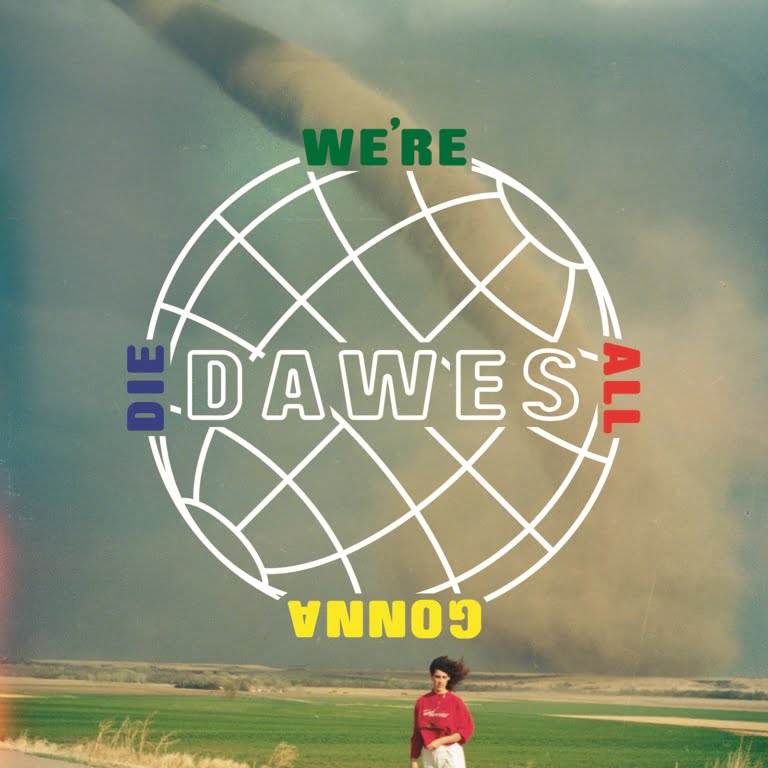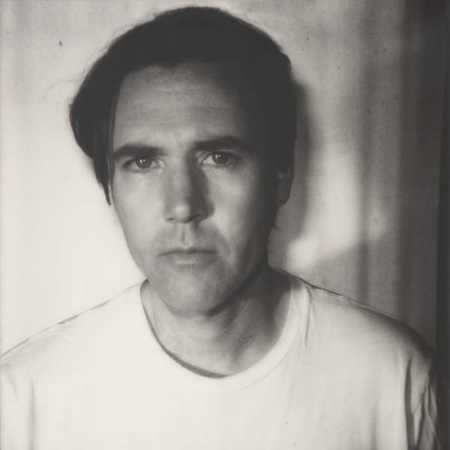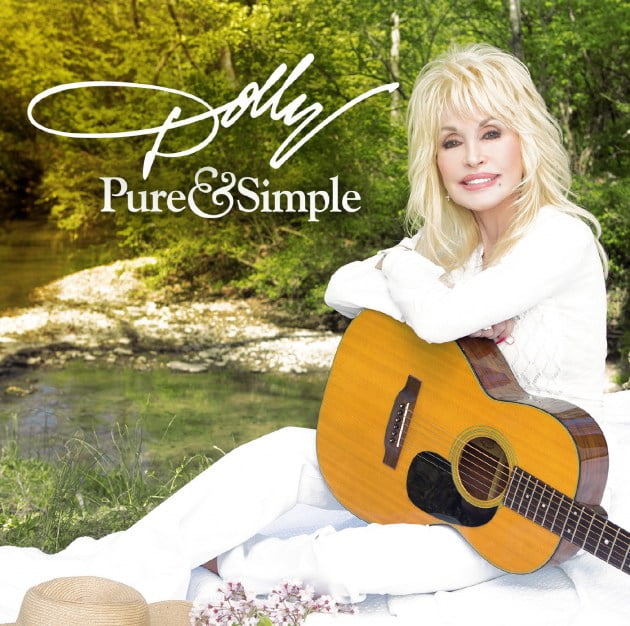When life is at its most beautiful, it is often also at its most frail. Love, happiness, fame … it can all fall apart within seconds, fraying, as Conor Oberst observes on "Gossamer Thin" (from his truly excellent new solo LP, Ruminations), between our very fingers. Because that beauty, like a sheer swath of fabric, tears when it's stretched too far: There's only so much shimmer or silk to go around before it's an unrecognizable fragment of what once was. Oberst, who is so adeptly able to write in a narrative style that is both observant of others and painfully self-aware, paints this through the story of a drug-addicted rock star leaving his wife at home for a pool of groupies; through a pair of adulterers, sneaking off to a nearby motel; and through a narrator quickly losing grip on both his physical and mental health. Oberst has struggled with his own well-being of late, but it doesn't matter whether or not the words are autobiographical: Though many paint him as the poster boy for confessionals, he's incredibly skilled at lyrical empathy, articulating the struggles most are too proud to discuss, often at the expense of his own personal ego.
"I'm worn gossamer thin," he sings to a melancholy waltz of piano, "like a delicate arch, carved by the wind." It's a rare, visceral metaphor drenched in poetry but not so saturated that it becomes foggy and obscure. Without the support of the rest of Bright Eyes, the Mystic Valley band, or Monsters of Folk on any of Ruminations, only Oberst is left to realize his — and our — hopes, struggles, and sorrows. Not pulled in any direction but his own, he's stronger than ever — frayed but not frail, and fully whole.


